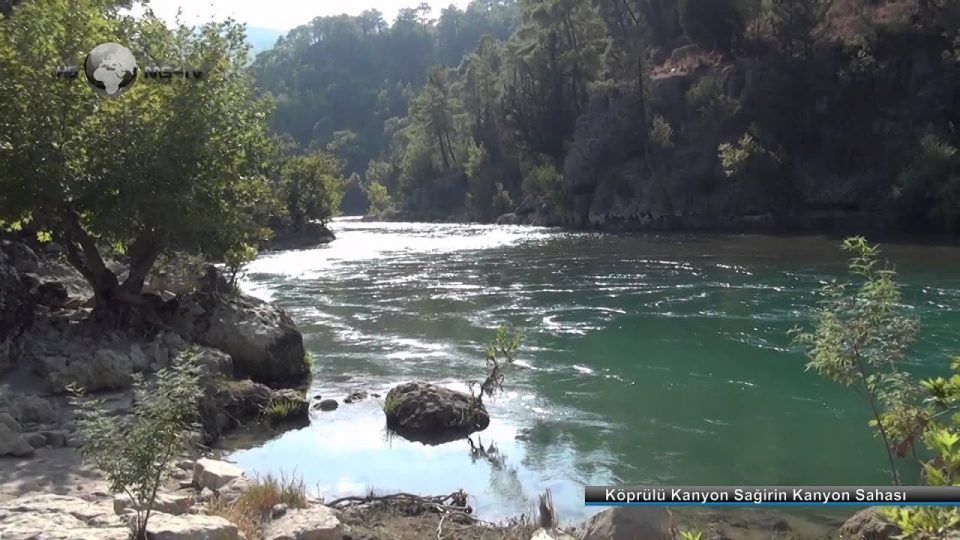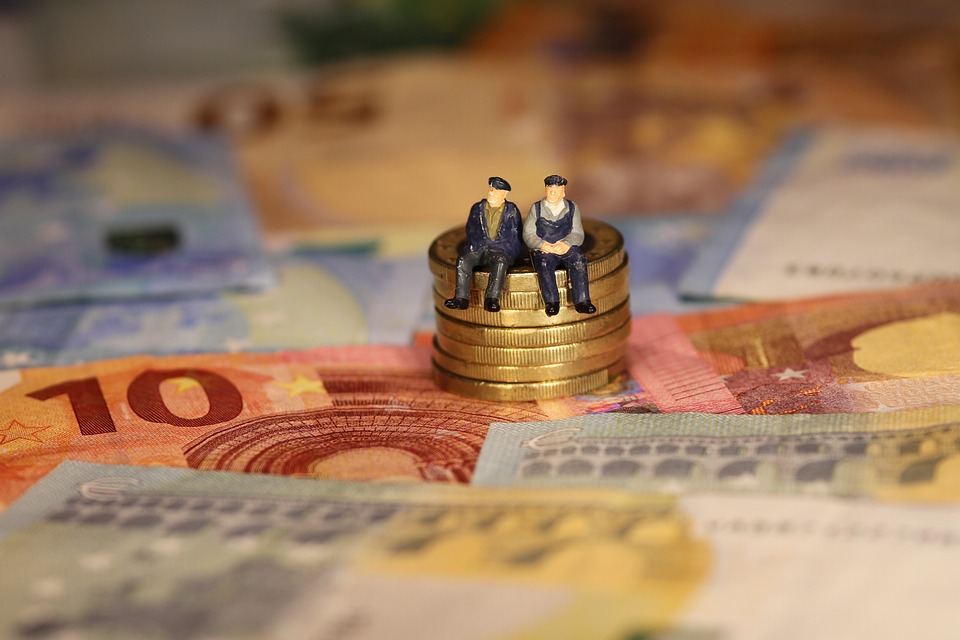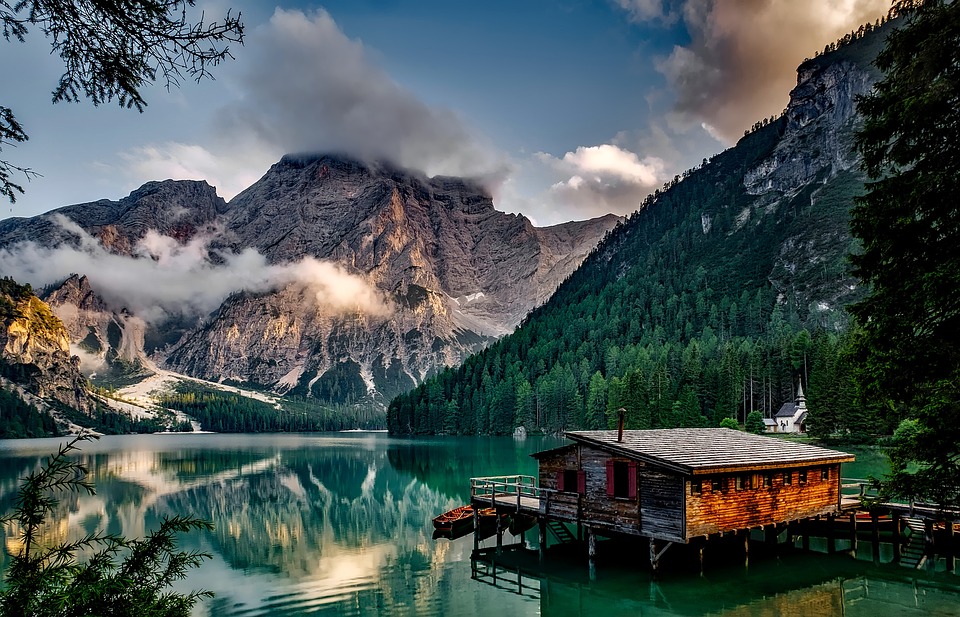The Spanish Civil War was a devastating conflict that lasted from 1936 to 1939, and was one of the most significant events in Spanish history. It was triggered by a complex set of political, economic, and social factors that had been brewing for years.
The conflict began on July 17, 1936, when a group of army officers staged a coup against the government of the Second Spanish Republic. The coup leaders, who were supported by conservative and fascist groups, wanted to overthrow the democratically elected government and establish a military dictatorship. However, the coup failed in several major cities, including Madrid and Barcelona, and a bloody civil war ensued.
The conflict quickly escalated, with both sides receiving support from foreign powers. The Nationalists, as the coup supporters were called, received support from fascist Italy and Nazi Germany, while the Republicans received support from the Soviet Union and volunteers from other countries, including the International Brigades. The war was characterized by brutal fighting, massacres, and atrocities committed by both sides.
Some of the key events of the conflict included the siege of Madrid, the bombing of Guernica by German and Italian planes, and the Battle of Jarama. The war ended on April 1, 1939, when General Francisco Franco declared victory and established a fascist dictatorship that lasted until his death in 1975.
The Spanish Civil War had significant consequences for Spain and the wider world. It led to the deaths of hundreds of thousands of people and left Spain divided and traumatized. It also had a major impact on the course of World War II, as the Nationalists’ victory was seen as a victory for the fascist powers, and led to Spain’s alignment with Nazi Germany and fascist Italy during the war.
The conflict also had long-lasting effects on Spanish society and politics. Franco’s regime was marked by repression, censorship, and political persecution, and many Spaniards lived in fear of the secret police and the regime’s brutal tactics. The legacy of the Civil War continued to shape Spanish politics and society long after Franco’s death, and remains a deeply divisive issue in Spanish politics today.












